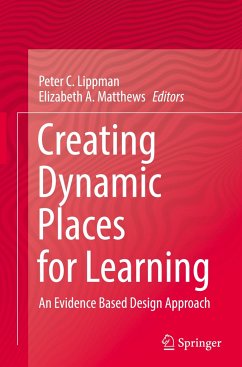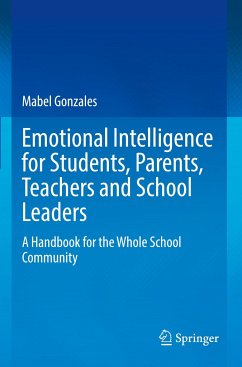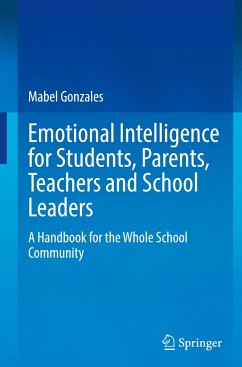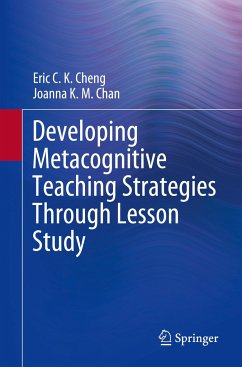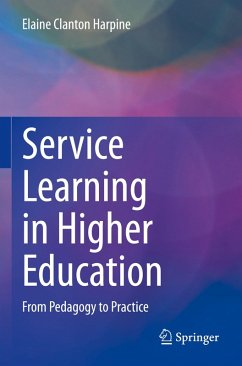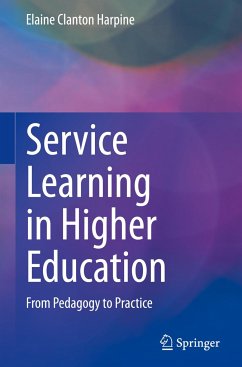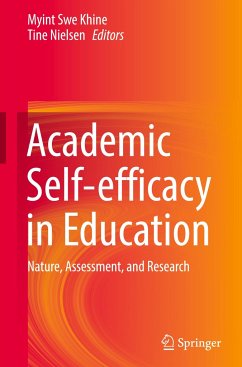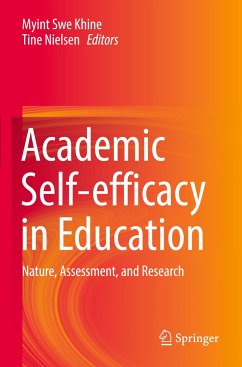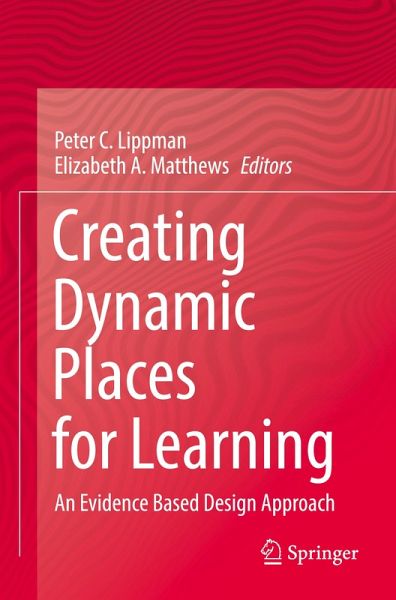
Creating Dynamic Places for Learning
An Evidence Based Design Approach
Herausgegeben: Lippman, Peter C.; Matthews, Elizabeth A.
Versandkostenfrei!
Versandfertig in 6-10 Tagen
113,99 €
inkl. MwSt.

PAYBACK Punkte
57 °P sammeln!
This book showcases how an evidence-based design approach can be utilized in the planning of learning environments, by acknowledging the interconnectedness of research, practice, and theory as core considerations in the design of learning environments. Toward this end, this volume explores a multi-disciplinary perspective that draws upon modern learning theories, and empirical research from the fields of environmental psychology education, and architectural practice. By presenting this information in an accessible manner, it enables researchers, educators and designers to take actionable steps...
This book showcases how an evidence-based design approach can be utilized in the planning of learning environments, by acknowledging the interconnectedness of research, practice, and theory as core considerations in the design of learning environments. Toward this end, this volume explores a multi-disciplinary perspective that draws upon modern learning theories, and empirical research from the fields of environmental psychology education, and architectural practice. By presenting this information in an accessible manner, it enables researchers, educators and designers to take actionable steps needed to re-imagine their settings and create dynamic places for learning.



